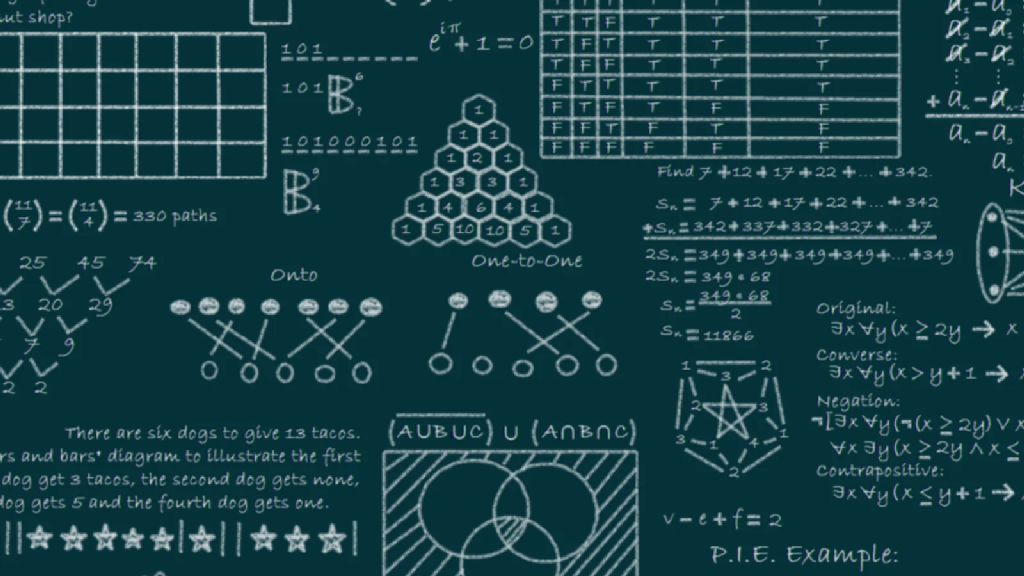Using the Rcpp package to access c++ code from within R
Contents
1. Using the Rcpp package to access c++ code from within R#
1.1. Background#
Rcpp is an R package designed to automate many parts of the (quite complicated) process of accessing methods implemented in c++ from within an R session (or indeed, an R package - see later section). To be able to use Rcpp the Rcpp package has to be installed. The Rcpp package is hosted on CRAN and can be installed using
R> install.packages("Rcpp")
1.2. Using the sourceCpp function#
Perhaps the easiest way to see how c++ can be added to R is via a simple example. To this end, the following c++ code will be added to R using the sourceCpp function which is provided by the Rcpp package.
1.2.1. Preparing your c++ code#
#include <string>
std::string example_1(const std::string& arg)
{
std::string message {"hello"};
return message + " " + arg;
}
To embed this function in R using Rcpp, some additional “boiler plate” code has to be added.
#include "Rcpp.h"
using namespace Rcpp;
#include <string>
std::string example_1(const std::string& arg)
{
std::string message {"hello"};
return message + " " + arg;
}
RCPP_MODULE(stor601)
{
function("rcpp_example_1", &example_1);
}
The first addition
#include "Rcpp.h"
using namespace Rcpp;
imports the c++ code provided by the Rcpp package that will expose your function to R and, perhaps more significantly, “marshalls” data between R and c++ (more on this later).
The second addition
RCPP_MODULE(stor601)
{
function("rcpp_example_1", &example_1);
}
creates an Rcpp module which contains your c++ method within an R session. Each module (you can have more than one) has a name, in this case stor601. The module definition indicates which function you want to expose to R, in this case example_1, and the name you want to give this function for use in R, in this example, rcpp_example_1 (this may be the same or different to the functions name in c++).
1.2.2. Adding your code to R#
Perhaps the easiest (but maybe not the most effective) way of adding your (augmented) c++ code to R is demonstrated in the example R session below.
library(Rcpp) # load the Rcpp package
# write your code into a string
cpp_code <- '
#include "Rcpp.h"
using namespace Rcpp;
#include <string>
std::string example_1(const std::string& arg)
{
std::string message {"hello"};
return message + " " + arg;
}
RCPP_MODULE(stor601)
{
function("rcpp_example_1", &example_1);
}
'
# add your code to R
sourceCpp(code = cpp_code)
# test your code
rcpp_example_1("world")
Voila !! c++ in R !!!
There are three key things to notice in this example.
The c++ code has been “wrapped” as a string in R
the sourceCpp function takes this string as an argument.
The c++ function becomes available in R (using the name you provided in the module definition).
1.2.3. Adding c++ code to R from a source code file#
Thus far, the sourceCpp function from the Rcpp package has been used to process c++ written into a string variable within an R session. This is useful, but can soon become inconvenient. Alternatively, th c++ code can be saved in a file and the name of this file provided as an argument to the sourceCpp function. For instance, the example from section 1 could be saved into a file example_1.cpp, in which case, it can be added to R using sourceCpp as follows.
sourceCpp(file="example_1.cpp")
1.3. Controlling the c++ version#
The sourceCpp function might not be configured to use a version of c++ which is appropriate for your code (i.e. an older version than is required). The version of c++ which sourceCpp uses can be set by adding the following to your augmented c++ code.
// [[Rcpp::plugins("cpp17")]]
It needs to be placed after including the Rcpp header file. For example
#include "Rcpp.h"
using namespace Rcpp;
// [[Rcpp::plugins("cpp17")]]
#include <string>
std::string example_1(const std::string& arg)
{
std::string message {"hello"};
return message + " " + arg;
}
RCPP_MODULE(stor601)
{
function("rcpp_example_1", &example_1);
}

